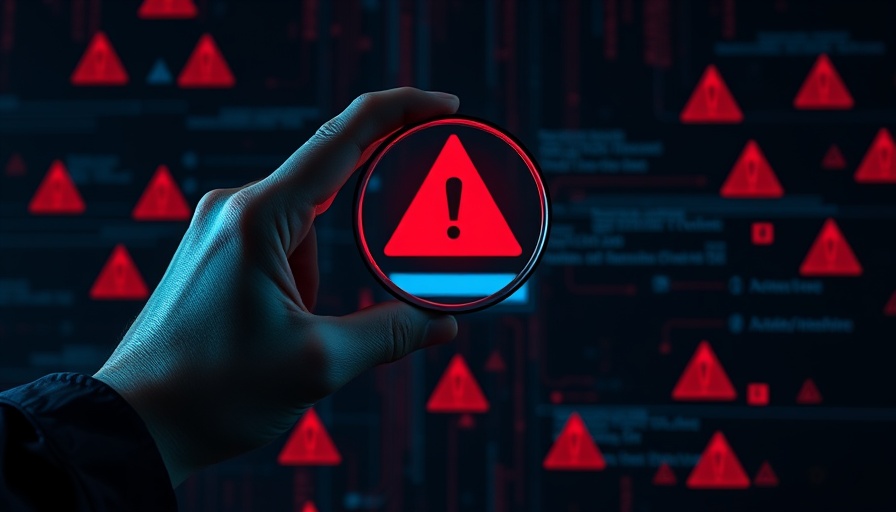
Understanding the Kettering Health Cyberattack
On a Tuesday morning, a concerning event unfolded at Kettering Health, a prominent healthcare provider in Ohio that operates 14 medical centers and 120 outpatient facilities. An unauthorized intrusion into its network triggered a significant technology outage, prompting the cancellation of elective inpatient and outpatient procedures. Although alarming, emergency services and clinics continued to operate, providing reassurance that essential care remained accessible despite the disruption.
The Impact of Cyberattacks on Patient Care
This incident emphasizes the growing vulnerability of healthcare systems. Cyberattacks in the medical sector have escalated, with many stemming from ransomware, which can severely limit healthcare access and patient data integrity. Such disruptions have become increasingly common, as evidenced by a study published in JAMA Network Open that highlighted a disturbing trend in healthcare-related data breaches.
In an era where patient care and data protection are paramount, it is vital to understand how these breaches not only hinder operations but can also pose life-threatening risks to patients needing immediate care. For instance, emergency departments must divert patients to other hospitals, adding strain to already overwhelmed systems.
The Rise of Data Breaches: A Wider Trend
Healthcare has become a target for cybercriminals due to the high value of medical records and the sector's urgent need to restore services quickly. In early 2024, the healthcare landscape was shocked by a ransomware attack on Change Healthcare, exposing data from 190 million people. Similarly, Yale New Haven Health revealed unauthorized access affecting 5.6 million patients.
The trend indicates a concerted effort by cybercriminals to exploit the urgency in healthcare, often necessitating rapid response and disengaging from regular operations. This compounding pressure makes healthcare providers tempting targets for cyberattacks.
Addressing Cybersecurity: Prevention is Key
The fallout from Kettering Health’s cyberattack underscores the necessity for rigorous cybersecurity measures within healthcare institutions. In light of recent breaches, experts advocate for implementing robust IT security strategies and staff training to detect phishing and other cyber threats. By enhancing their cybersecurity framework, healthcare providers can better shield themselves against potential attacks.
Moreover, investing in cybersecurity from a community health perspective is vital. It builds resilience not just against immediate threats but also improves public confidence in health systems. As patients increasingly consider their data's security, understanding the precautions taken by healthcare providers will influence patient choices in the future.
The Community’s Reaction and Resilience
For residents of Ohio, the ramifications of Kettering Health's cyberattack extend beyond basic operational disruptions. Patients and healthcare professionals alike are left wondering about the sufficiency of protections in place. As a community, there is a shared responsibility to advocate for better health and wellness security practices that ensure their health information is safe.
This breach is a rallying point for discussions around health safety, urging a reevaluation of cybersecurity policies within healthcare facilities. Engaging with local health and wellness organizations can empower residents to make informed decisions regarding their health services and demand more robust security measures.
A Call to Action: Strengthen Our Healthcare Systems
As we reflect on the recent cyberattack at Kettering Health, it’s vital to consider what we can do collectively to strengthen our healthcare systems against such threats. Supporting local health wellness initiatives and advocating for enhanced cybersecurity practices within healthcare facilities will ensure a safer environment for everyone involved.
By staying engaged with community health and wellness events, educating ourselves on potential risks, and preparing to act, we can contribute to a more secure future for our healthcare providers and the patients they serve.
 Add Element
Add Element  Add Row
Add Row 




Write A Comment